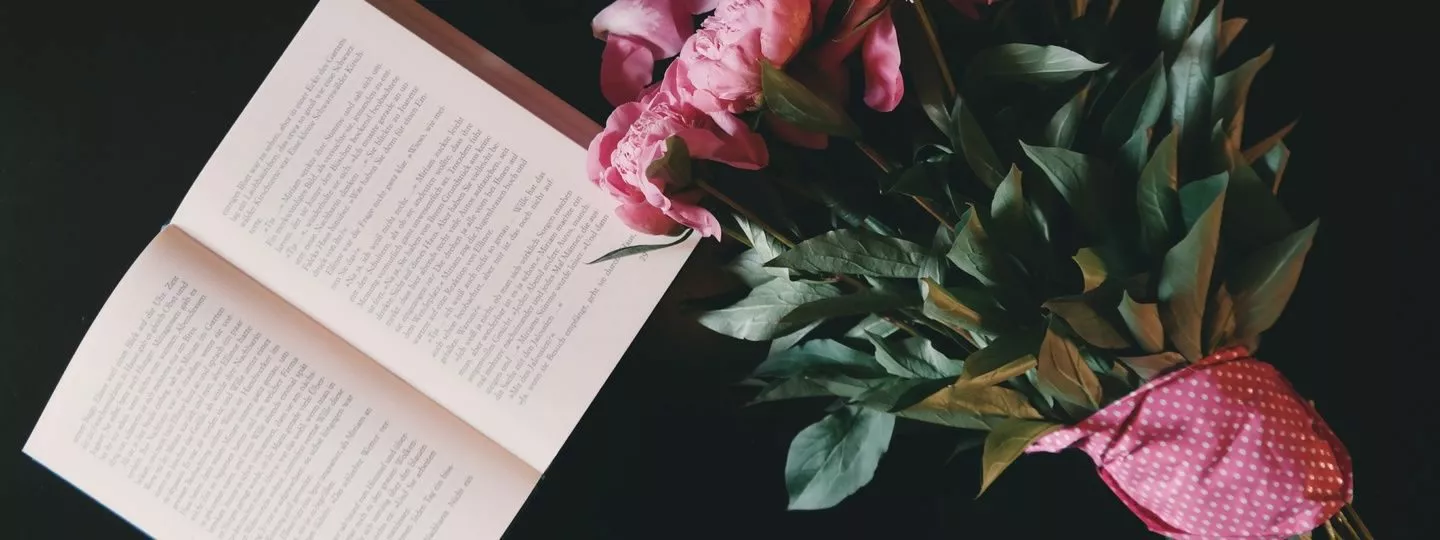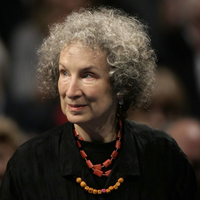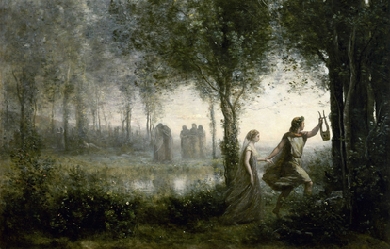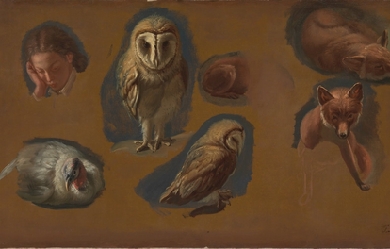
Women’s Novels
For Lenore
1. Men’s novels are about men. Women’s novels are about men too but from a different point of view. You can have a men’s novel with no women in it except possibly the landlady or the horse, but you can’t have a women’s novel with no men in it. Sometimes men put women in men’s novels but they leave out some of the parts: the heads, for instance, or the hands. Women’s novels leave out parts of the men as well. Sometimes it’s the stretch between the belly button and the knees, sometimes it’s the sense of humor. It’s hard to have a sense of humor in a cloak, in a high wind, on a moor.
Women do not usually write novels of the type favored by men but men are known to write novels of the type favored by women. Some people find this odd.
2. I like to read novels in which the heroine has a costume rustling discreetly over her breasts, or discreet breasts rustling under her costume; in any case there must be a costume, some breasts, some rustling, and, over all, discretion. Discretion over all, like a fog, a miasma through which the outlines of things appear only vaguely. A glimpse of pink through the gloom, the sound of breathing, satin slithering to the floor, revealing what? Never mind, I say. Never never mind.
3. Men favor heroes who are tough and hard: tough with men, hard with women. Sometimes the hero goes soft on a woman but this is always a mistake. Women do not favor heroines who are tough and hard. Instead they have to be tough and soft. This leads to linguistic difficulties. Last time we looked, monosyllables were male, still dominant but sinking fast, wrapped in the octopoid arms of labial polysyllables, whispering to them with arachnoid grace: darling, darling.
4. Men’s novels are about how to get power. Killing and so on, or winning and so on. So are women’s novels, though the method is different. In men’s novels, getting the woman or women goes along with getting the power. It’s a perk, not a means. In women’s novels you get the power by getting the man. The man is the power. But sex won’t do, he has to love you. What do you think all that kneeling’s about, down among the crinolines, on the Persian carpet? Or at least say it. When all else is lacking, verbalization can be enough. Love. There, you can stand up now, it didn’t kill you. Did it?
5. I no longer want to read about anything sad. Anything violent, anything disturbing, anything like that. No funerals at the end, though there can be some in the middle. If there must be deaths, let there be resurrections, or at least a Heaven so we know where we are. Depression and squalor are for those under twenty-five, they can take it, they even like it, they still have enough time left. But real life is bad for you, hold it in your hand long enough and you’ll get pimples and become feeble-minded. You’ll go blind.
I want happiness, guaranteed, joy all round, covers with nurses on them or brides, intelligent girls but not too intelligent, with regular teeth and pluck and both breasts the same size and no excess facial hair, someone you can depend on to know where the bandages are and to turn the hero, that potential rake and killer, into a well-groomed country gentleman with clean fingernails and the right vocabulary. Always, he has to say, Forever. I no longer want to read books that don’t end with the word forever. I want to be stroked between the eyes, one way only.
6. Some people think a woman’s novel is anything without politics in it. Some think it’s anything about relationships. Some think it’s anything with a lot of operations in it, medical ones I mean. Some think it’s anything that doesn’t give you a broad panoramic view of our exciting times. Me, well, I just want something you can leave on the coffee table and not be too worried if the kids get into it. You think that’s not a real consideration? You’re wrong.
7. She had the startled eyes of a wild bird. This is the kind of sentence I go mad for. I would like to be able to write such sentences, without embarrassment. I would like to be able to read them without embarrassment. If I could only do these two simple things, I feel, I would be able to pass my allotted time on this earth like a pearl wrapped in velvet.
She had the startled eyes of a wild bird. Ah, but which one? A screech owl, perhaps, or a cuckoo? It does make a difference. We do not need more literalists of the imagination. They cannot read a body like a gazelle’s without thinking of intestinal parasites, zoos, and smells.
She had a feral gaze like that of an untamed animal, I read. Reluctantly I put down the book, thumb still inserted at the exciting moment. He’s about to crush her in his arms, pressing his hot, devouring, hard, demanding mouth to hers as her breasts squish out the top of her dress, but I can’t concentrate. Metaphor leads me by the nose, into the maze, and suddenly all Eden lies before me. Porcupines, weasels, warthogs, and skunks, their feral gazes malicious or bland or stolid or piggy and sly. Agony, to see the romantic frission quivering just out of reach, a dark-winged butterfly stuck to an overripe peach, and not be able to swallow, or wallow. Which one? I murmur to the unresponding air. Which one?











